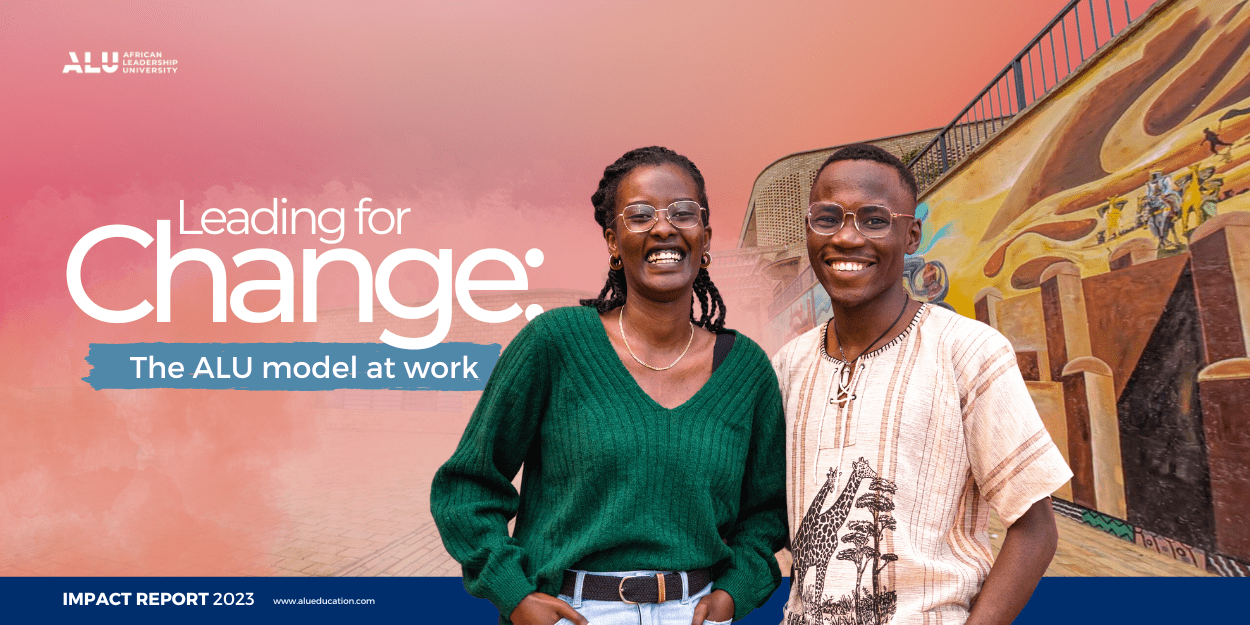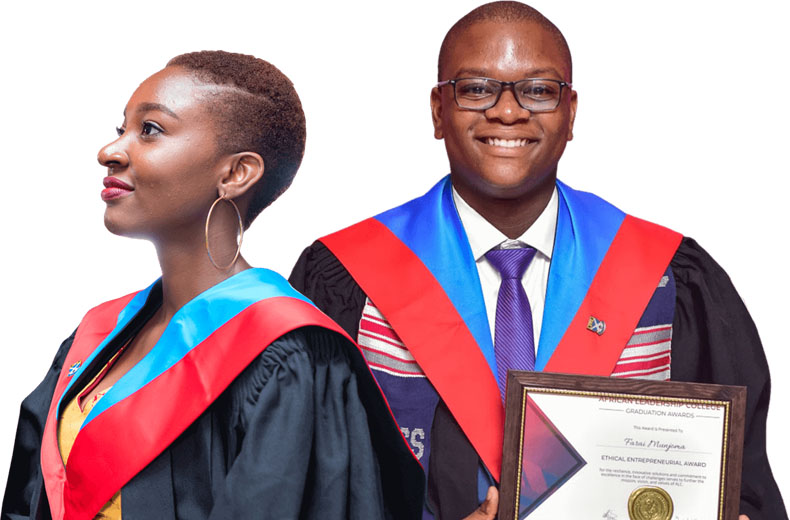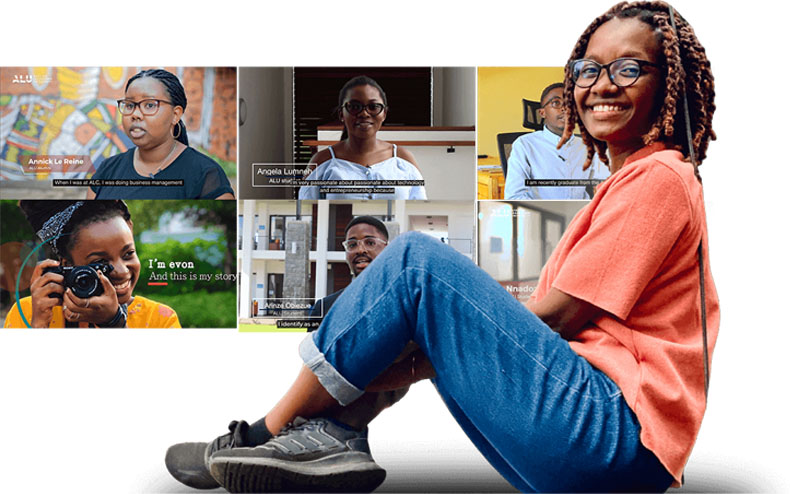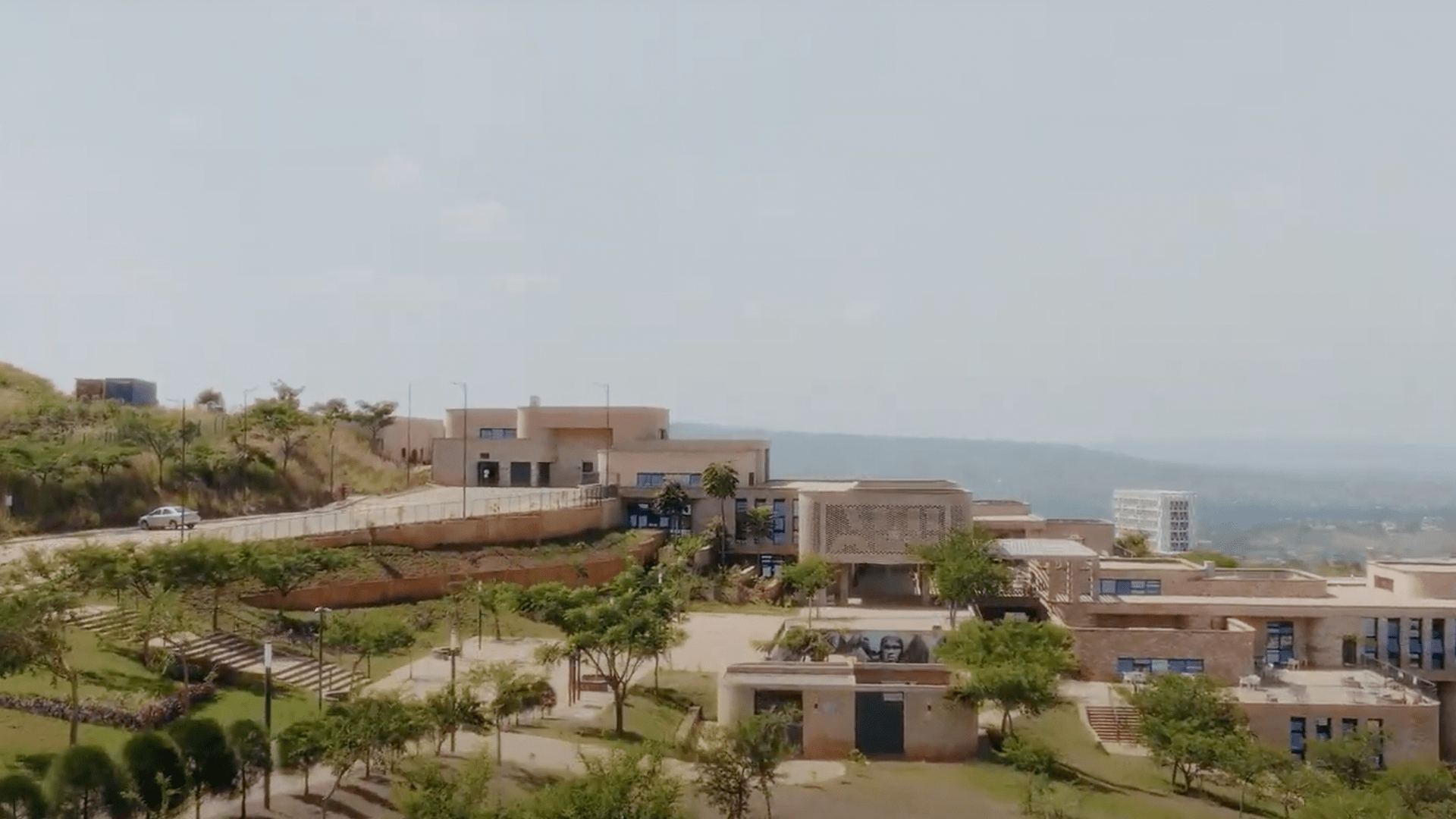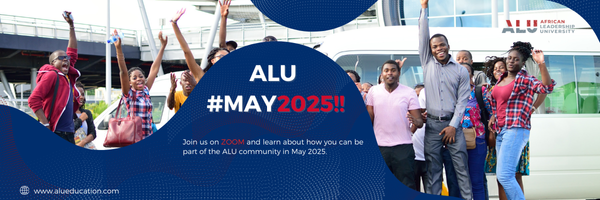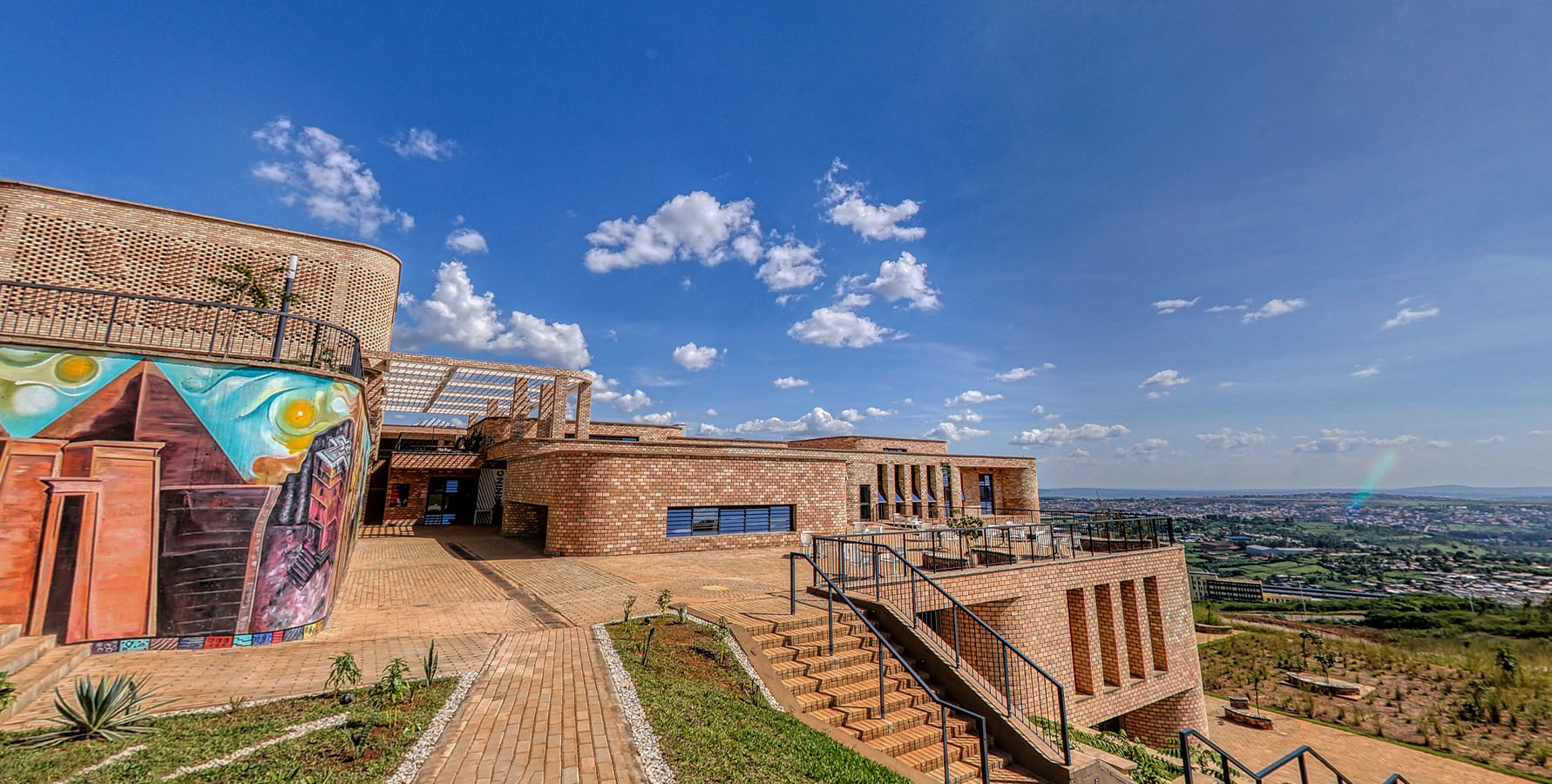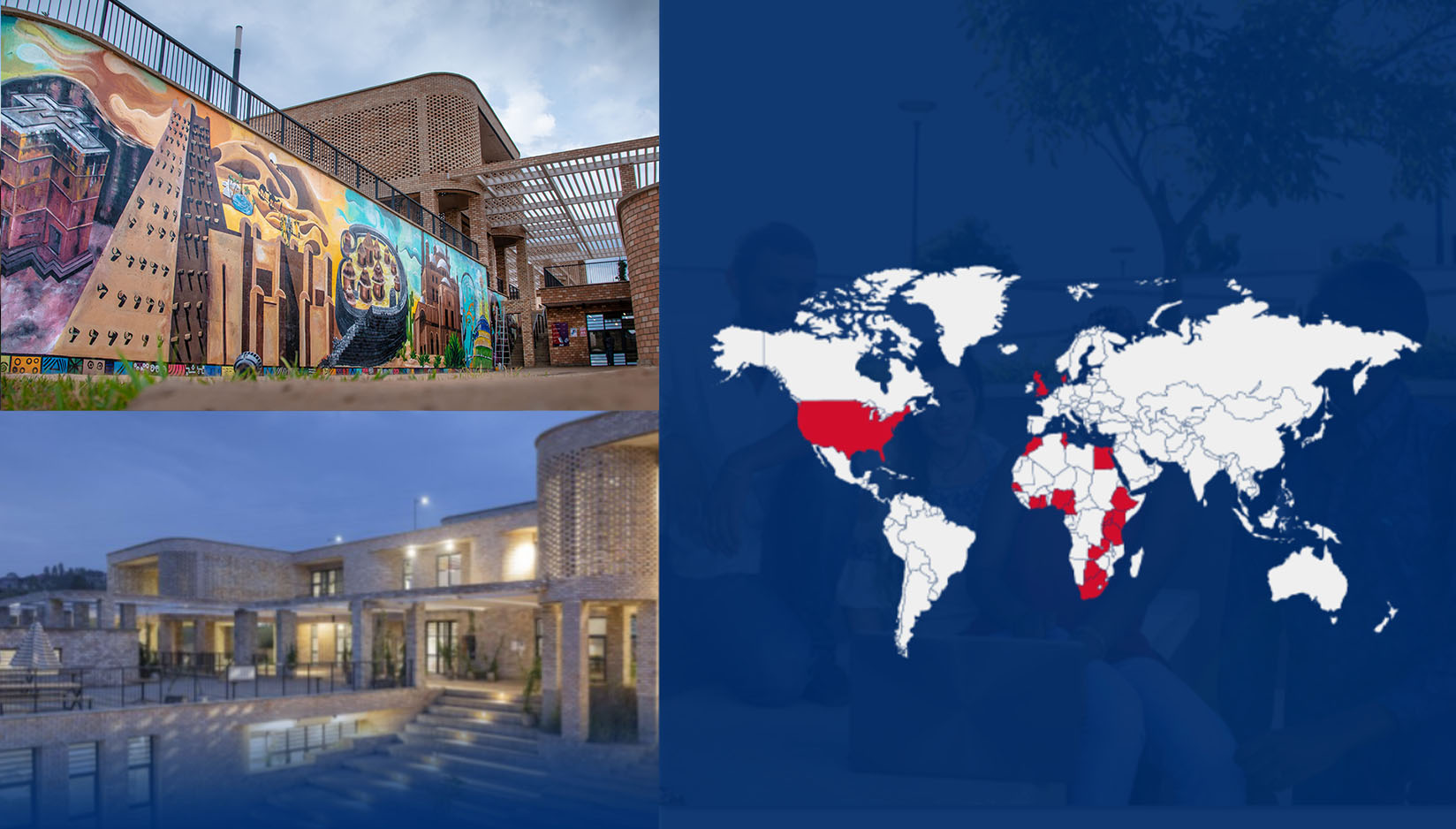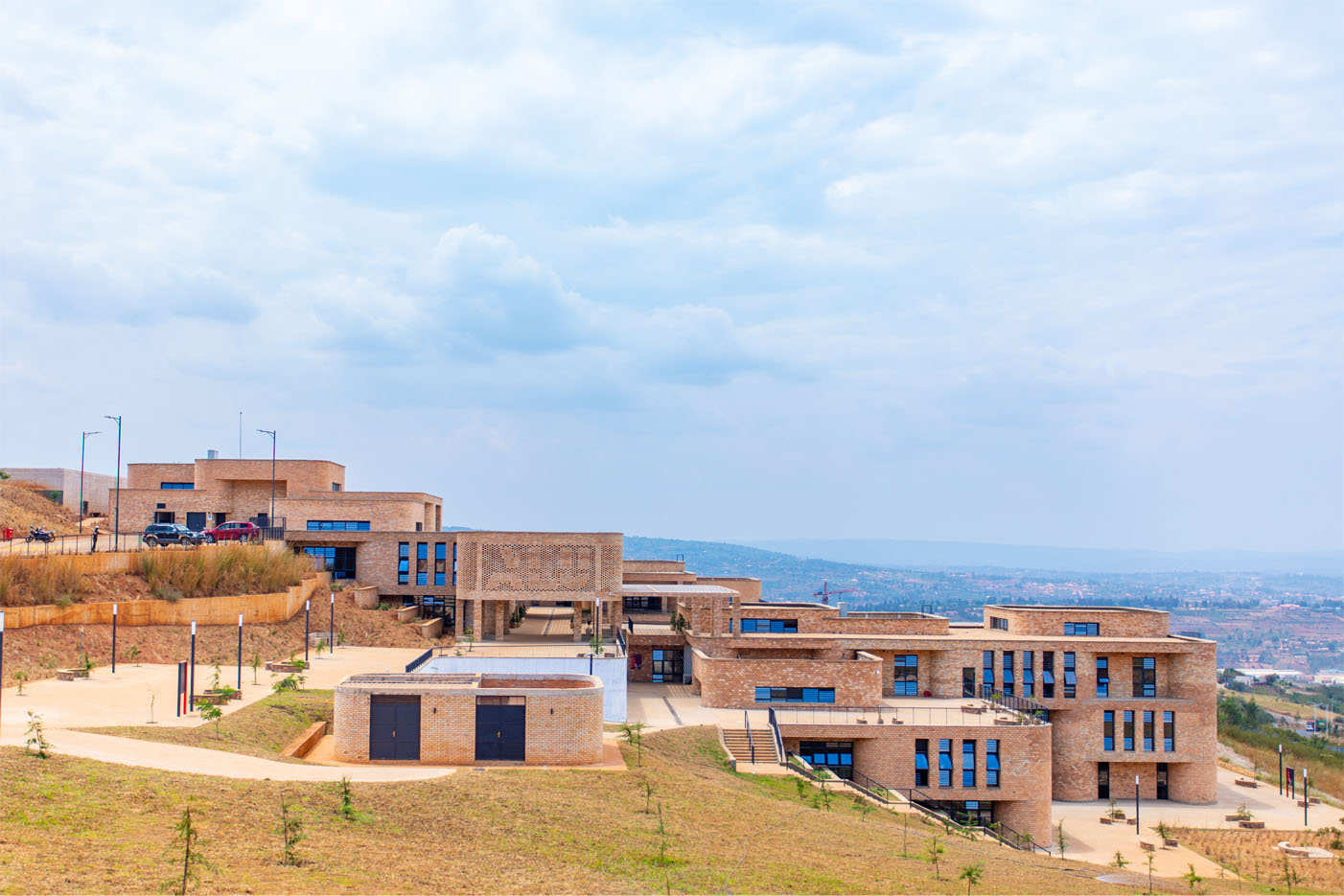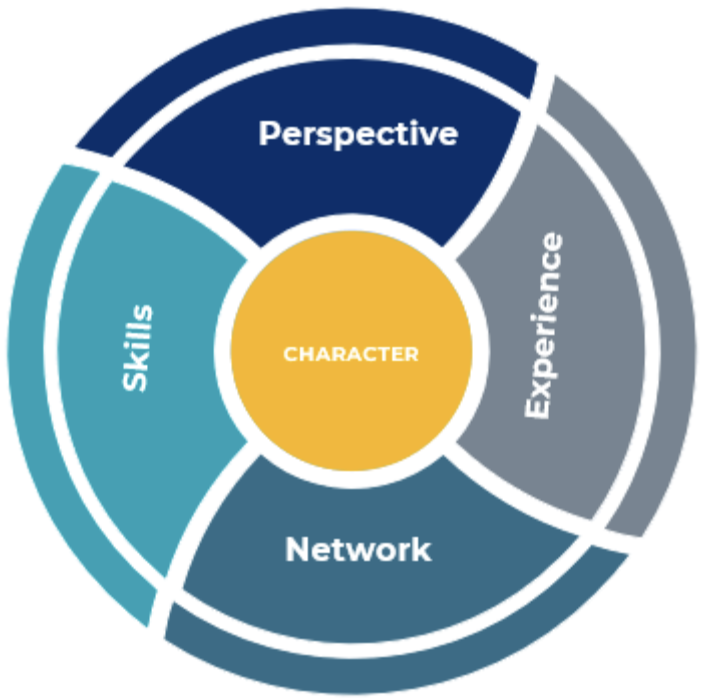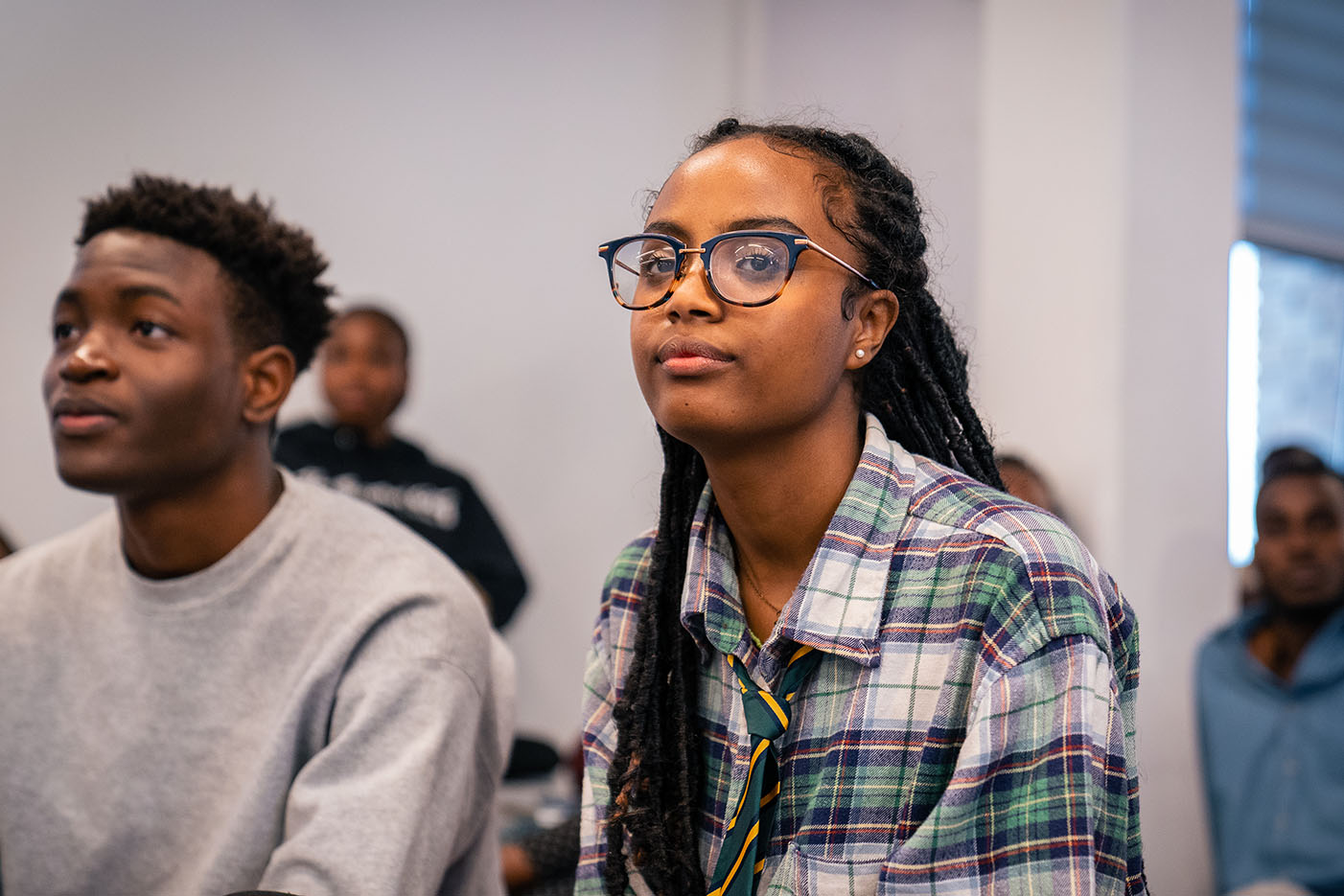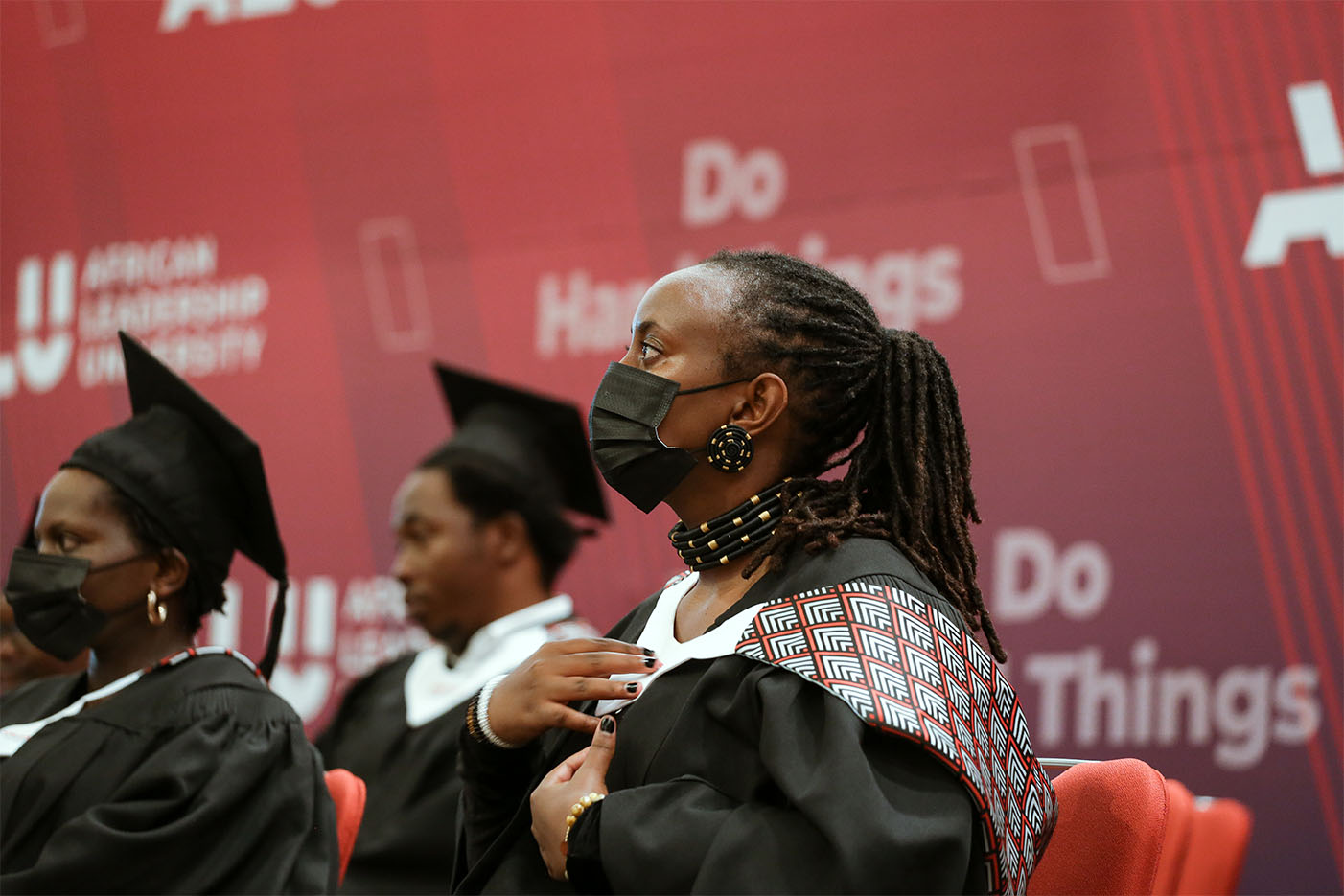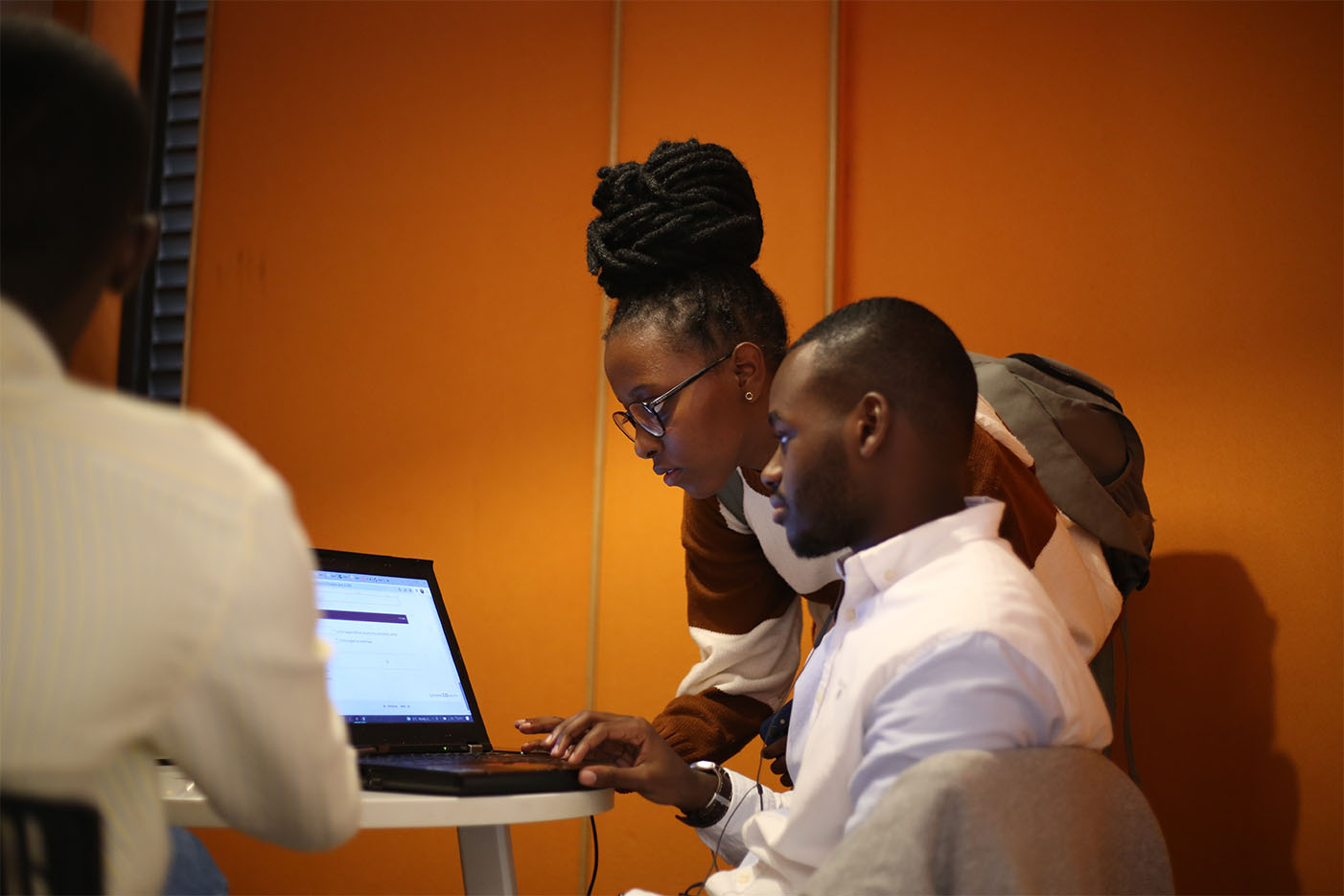Acquire the technical skills and job-ready competencies that employers need.
It is expected that over the next decade, companies all over the world will continue to experience technology talent shortages. This is resulting in an ever-increasing demand for tech talent across the globe and especially from Africa. But employers are looking for more than just degrees. They are looking for exceptional, well-rounded talent that has the right combination of technical and professional skills.
The ALU Software Engineering Programme is a 3 years programme that prepares graduates to address the world’s complex challenges as they manifest in the African context through the pervasive application of design thinking for the continual improvement of ideas and the building of robust, transformative, scalable and sustainable and contextualized technology solutions.
The programme is delivered in partnership with the Holberton Software Engineering School. BSE students will complete 3 Foundation sprints (within their specialization) to build their knowledge on computer science and web development, before choosing one of four specialization areas: AR/VR, Machine Learning, Low level & Algorithm and Full-Stack Web Development. Students complete their specialization with an open-ended capstone project in their area of interest.
Admissions eligibility requirements for Bachelor of Science in Software Engineering
- Completion of a final national secondary school exam and graduated from secondary school with a certificate of secondary education on an A Level or equivalent.
- Prospects that did not complete an examination offered by the Rwandan National Examination and School Inspection Authority (NESA)/REB/WDA should apply for an equivalency review through the Irembo.gov.rw site.
- CEFR B2-level (or equivalent) English proficiency. Refer to our Help Center for acceptable proof of B2 English proficiency for an unconditional offer of admission.
- Passing 3 or more A-level subjects or equivalent, in which one or more of the considered subjects is from this list of core subjects, or combinations that include these subjects:
- Math (Any A-level Math) or related subjects
- Computer Science subjects, such as Computer Engineering, Computer Forensics, Computer Networking, Computer Programming, Cyber Security, Database Administration, Information Security, Information Technology, Software Engineering, Web Development, Algorithms, and Data Structures
- Physical Science subjects, such as Integrated Science, Biology, Chemistry, or Physics.
- An applicant who provides results from subjects closely related to the ‘core’ subjects above will have their admission reviewed by an Admissions Committee before acceptance.
- Attaining a C average or better on the 3 subjects selected.
- The average must be derived from at least one ‘core’ subject and the best two other grades from A-level (Principal) subjects.
- If the core course is a Math or Computer Science subject, they must have a minimum C grade and will be directly eligible for BSE and can optionally complete a Self Assessment Process.
- If Math or Computer Science subjects are not present, or if the student fails to meet the minimum grade in Math or Computer Science subjects, the Physical Science subject must have a minimum B grade or the applicant should submit any evidence for Recognition of Prior Learning. In both cases an internal test will be administered to prove the Maths Eligibility in the first trimester and the final decision shall be made by the Admissions Committee during the first trimester.
- A C average shall mean a point value of 12 or better. An average of C- shall not be considered to meet the minimum criteria.
Learn more about studying the Bachelor of Science in Software Engineering at ALU

